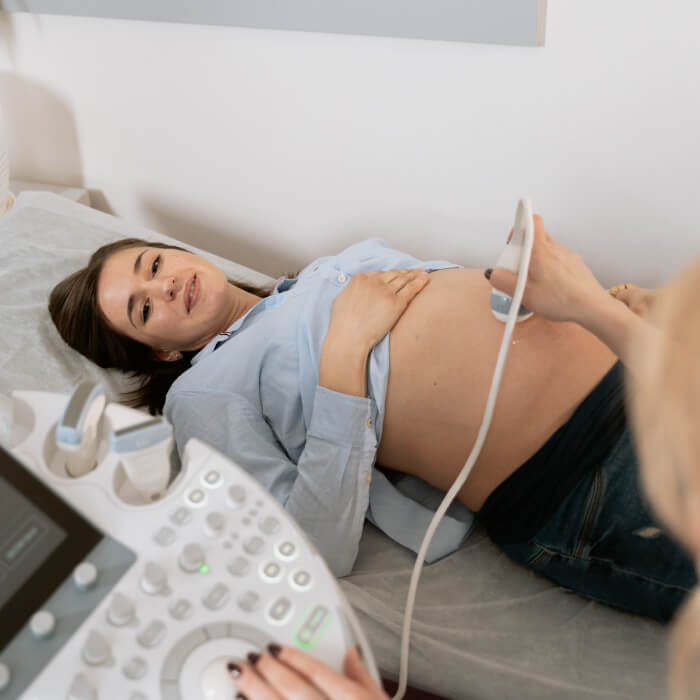Calcium and Vitamin D
Calcium is well known for its role in bone development and maintenance. Many women do not consume enough calcium each day. If adequate bone has not been developed before pregnancy and insufficient calcium is consumed, the mother’s bone is drawn upon to provide for the needs of the growing foetus. Focus on building up your calcium reserves by boosting your dietary intake. Milk and milk products such as yoghurt and cheese are great sources. Fish with edible bones such as sardines and anchovies (ikan bilis) as well as tofu and green leafy vegetables are good choices too. The goal to go for is 1000 mg of calcium per day when pregnant or breastfeeding4.
Vitamin D supports calcium absorption and bone mineralisation. The body can manufacture vitamin D if the skin is exposed to sunlight. However, even in tropical countries, many young women are deficient in vitamin D. Fortified food such as milk, orange juice and some breakfast cereals are the better choices. Fatty fish (salmon, mackerel, tuna and sardine), egg yolk and cheese are fair choices.



